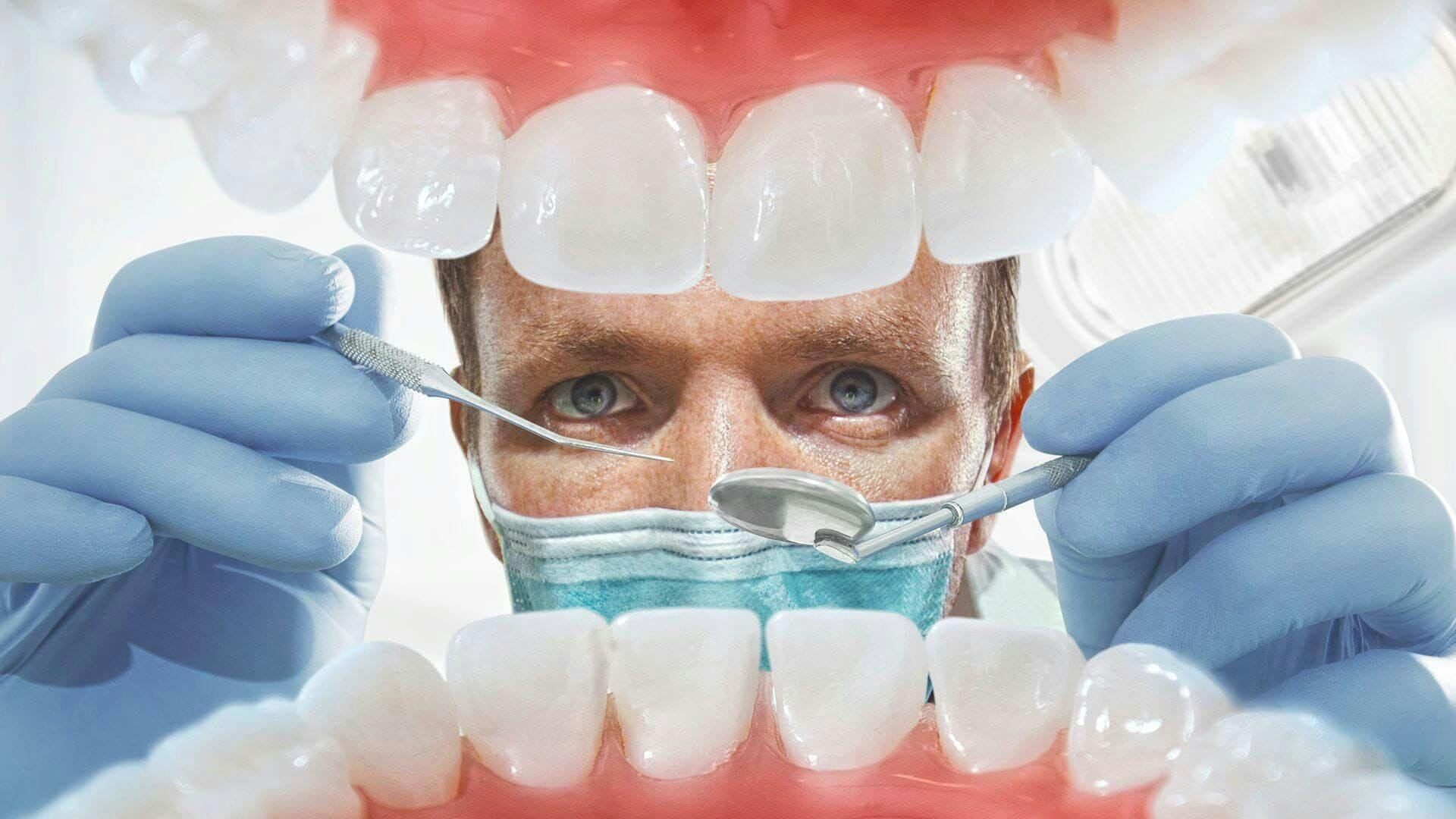The Advantages of Routine Visits to a Dentist Eugene Oregon
The Advantages of Routine Visits to a Dentist Eugene Oregon
Blog Article
Discover Common Dental Problems That Dentists Can Treat Efficiently
Dental health and wellness is a critical aspect of general well-being, yet usual problems such as cavities, periodontal condition, tooth degeneration, tooth sensitivity, and misaligned teeth typically go neglected. Each of these conditions can significantly affect not just oral wellness however likewise everyday comfort and confidence. Improvements in dental treatment have actually made it feasible for dentists to resolve these issues successfully through numerous treatments. From routine cleansings and dental fillings to orthodontic treatments, the remedies offered today are both easily accessible and extensive. What are the particular treatments offered, and just how can they recover optimal dental wellness?
Dental Caries
They occur when the enamel, the hard external surface of the teeth, is eroded by acids produced by microorganisms in the mouth. These germs grow on sugars and starches from food and beverages, developing a sticky film called plaque that adheres to the teeth.

Preventive steps are essential in combating tooth cavities. These include preserving good dental health practices such as regular cleaning with fluoride tooth paste, flossing, lowering sugar consumption, and going to regular oral brows through. By sticking to these practices, individuals can considerably reduce their threat of establishing cavities and maintain ideal dental health.
Periodontal Condition
Periodontal disease, likewise understood as gum condition, is a widespread condition that impacts the tissues surrounding and sustaining the teeth. It mainly happens as a result of the build-up of plaque, a sticky film of germs that develops on the teeth. If not gotten rid of via routine cleaning and flossing, plaque can harden right into tartar, which can just be removed by a dental expert.
There are 2 main phases of gum disease: gingivitis and periodontitis. Gingivitis is the preliminary, milder type, identified by red, swollen gum tissues that may bleed easily. At this phase, the problem is normally relatively easy to fix with correct oral health and expert oral cleansings. If left untreated, gingivitis can advance to periodontitis, an extra severe type that can lead to loss of the bone that sustains the teeth.
Periodontitis involves deeper infection and inflammation of the gums, causing the gums to retreat from the teeth and develop pockets that can become infected. Treatment for periodontitis typically entails scaling and root planing, a deep-cleaning procedure to remove tartar and microorganisms from below the gum tissues. In advanced cases, medical treatments might be essential to recover periodontal and bone wellness. Regular oral examinations are crucial for early discovery and reliable monitoring of gum tissue disease.
Dental Cavity
Tooth degeneration, a widespread oral concern, materializes when the hard surface of the tooth, understood as enamel, is damaged by acids generated by microorganisms in plaque. This process begins when sugary and starchy foods are eaten, giving a breeding ground for bacteria. These microorganisms metabolize the sugars to create acids, which ultimately wear down the enamel, bring about tooth cavities.
Initially, dental cavity might be asymptomatic, yet as it progresses, it can bring about noticeable openings or pits in the teeth, tooth pain, and level of sensitivity to hot, chilly, or pleasant compounds (eugene dentist). If left untreated, the decay can permeate deeper layers of the tooth, getting to the dentin and eventually the pulp, triggering extreme discomfort and potentially bring about abscesses or infections
Early intervention is crucial for optimum results, making normal dental check-ups crucial for recognizing and addressing misalignment problems immediately. With personalized treatment strategies, dental professionals can effectively restore both the functionality and look of a client's smile.
Final Thought
In summary, addressing typical dental problems such as cavities, periodontal illness, tooth decay, tooth level of sensitivity, and misaligned teeth is essential for preserving oral health and wellness and performance. Dental experts are outfitted to identify and treat these issues properly via various treatments, including dental fillings, cleansings, orthodontics, and preventative care. Timely and suitable treatment can reduce the dangers related to these oral troubles, consequently boosting total dental health and high quality of life.
Oral health and wellness is More Info a critical aspect of overall health, yet typical issues such as cavities, gum tissue disease, tooth degeneration, tooth sensitivity, and misaligned teeth commonly go without treatment.Tooth decay, a widespread dental problem, manifests when the difficult surface area of the tooth, understood as enamel, is harmed by acids generated by bacteria in plaque. Preventative measures such as regular dental check-ups, excellent oral hygiene techniques, and a balanced diet additional info plan are vital in mitigating the danger of tooth decay.
Typical factors include enamel disintegration due to aggressive cleaning, acidic food intake, or dental conditions such as gum economic crisis and tooth decay.In summary, attending to common dental problems such as tooth cavities, gum condition, tooth degeneration, tooth sensitivity, and misaligned teeth is essential for maintaining oral health and capability.
Report this page